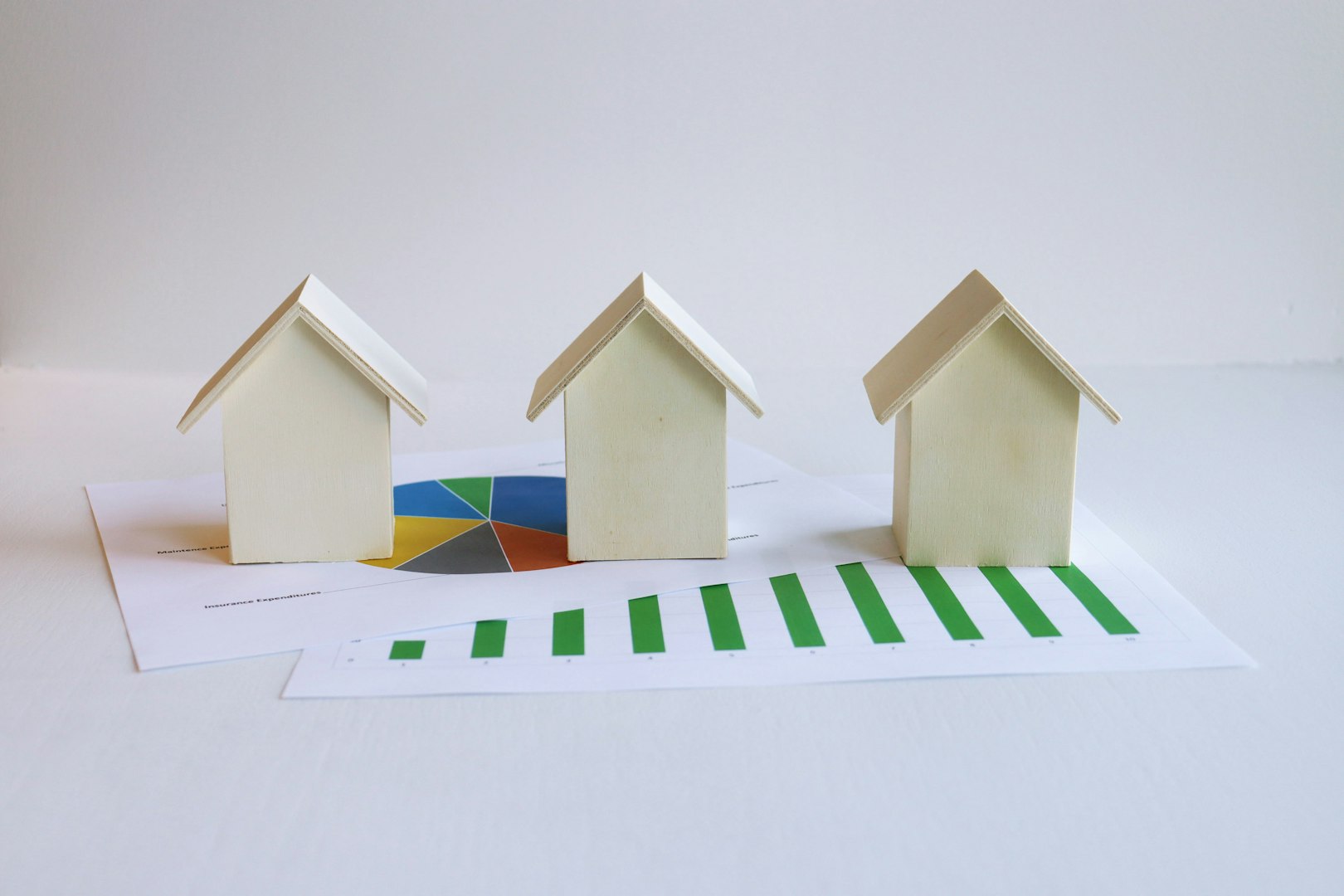
Personal Taxes
Click here for frequently asked questions.

Click here for frequently asked questions.

Click here for frequently asked questions.

Click here for frequently asked questions.
The deadline for filing your personal tax return in Canada depends on your employment status:
For most individuals: The filing deadline is April 30. Payments for taxes owed must also be made by this date to avoid interest or penalties.
For self-employed individuals and their spouses or common-law partners: The filing deadline is June 15. However, any taxes owed must still be paid by April 30 to avoid interest charges
You'll need various documents depending on your income and deductions. The essential documents typically include:
Income slips: These include your T4 (employment income), T5 (investment income), T3 (trust income) if applicable, and other tax slips like T4A or T4E for pensions or EI benefits.
Receipts and supporting documents: You need receipts for deductions, such as medical expenses, charitable donations, or union dues. These support the credits or deductions you wish to claim.
Other income records: If you have income that isn't reported on tax slips, such as self-employment income, rental income, or foreign income, you should gather financial statements, invoices, or other relevant documentation.
If you file your taxes late in Canada and owe taxes, the CRA will charge you a late-filing penalty. This penalty is 5% of the balance owing, plus an additional 1% for each full month your return is late, up to a maximum of 12 months. This means the penalty could potentially increase over time. The CRA also charges interest on any unpaid taxes, starting from the day after the filing deadline.
Avoid paying unnecessary penalties and contact us to help you file your taxes.
You can deduct work-from-home expenses if you meet certain conditions. Specifically, you must have worked from home more than 50% of the time for a continuous period of at least one month. This applies whether the arrangement is formal or informal, as long as your employer has agreed to or required you to work from home. The deduction is typically based on the proportion of your home used for work, and you can claim expenses such as utilities, home internet, and office supplies.
You will require a signed T2200 Declaration of Conditions of Employment from your employer to support your deductions.
CRA My Account: Log into your CRA My Account online to view the status of your tax return, including whether it has been received, processed, or if a Notice of Assessment has been issued.
CRA Mobile App: Download the CRA’s mobile app, "MyCRA," which allows you to check the status of your return on your smartphone.
Automated Telephone Service: Call the CRA's automated Tax Information Phone Service (TIPS) at 1-800-959-1956.
Capital gains tax is a tax on the profit you make when you sell or dispose of an asset that has increased in value. The "capital gain" is the difference between the purchase price (adjusted cost base) and the selling price. It applies to assets like stocks, real estate, or other investments. In Canada, 50% (or *proposed 2/3) of the capital gain is taxable, meaning you include half of the gain in your taxable income.
*Budget 2024 restrictions draft legislation to apply when Royal Assent is received
Gains arising from disposing of a housing unit or rental property held for less than 365 consecutive days are treated as business income, not capital gains, unless the property was inventory or the sale occurred due to specific life events.
The filing deadline for corporate tax returns in Canada depends on your corporation's fiscal year-end. Generally, corporations are required to file their corporate income tax return within six months after the end of their fiscal year.
However, any taxes owing are typically due two months after the fiscal year-end, with certain exceptions, such as for Canadian-controlled private corporations (CCPCs), which may have up to three months for payments under specific conditions
The requirement to collect GST on your products or services in Canada depends on various factors, including the type of supply, the place of supply, and your business’s GST registration status.
Some goods and services are GST-exempt, meaning you do not charge GST on their sale. These exemptions apply to essential goods and services, including:
Basic groceries: Certain food items like fruits, vegetables, bread, and milk are zero-rated, meaning the GST applied is 0%.
Medical devices: Certain prescribed medical and assistive devices, such as hearing aids and wheelchairs, will fall under the zero-rated category for GST (0%).
Educational services: Fees for courses provided by qualifying educational institutions, such as elementary and secondary schools, are GST-exempt.
Health care services: Many basic health care services performed by licensed professionals, like medical and dental services, are GST exempt.
Corporations may need to pay estimated taxes if their tax bill is expected to be over $3,000 for the previous year and is likely to be similar in the current year. These are called instalment payments, and they can be calculated based on the previous year's taxes or estimated taxes for the current year. Instalments are typically paid quarterly. It's important to make these payments on time to avoid interest and penalties.
Every situation is unique, and the right solution depends on your individual circumstances. Please reach out to us so we can discuss your specific needs in detail. Our team is here to provide personalized guidance and support to help you achieve the best outcome. Let’s work together to find the right solution for you!
For qualified small business corporation shares disposed of in 2024, the LCGE limit has increased to $1,016,836.
Reach out to us to determine if your corporation is considered to be a qualified small business corporation (QSBC).
The length of time you need to keep your tax records in Canada depends on the type of records and your specific tax situation. Generally, you are required to retain records and supporting documents for six years from the end of the tax year to which they relate.
Starting a new business is exciting, busy and full of uncertainties. Listed below are few areas that we can help assist.
Choose a Suitable Business Structure: Decide between a sole proprietorship, partnership, or corporation. Consider factors like liability protection, taxation, and administrative complexity to find the best fit for your business goals.
Secure Financing: Estimate startup costs and explore funding options such as personal savings, small business loans, investors, or grants. A solid financial plan increases credibility with lenders and investors.
Set Up an Accounting System: Track income, expenses, and taxes from the start. Use accounting software or hire a professional to ensure accuracy, compliance, and informed financial decisions.
Plan for Taxes: Understand your tax obligations, including registering for GST/HST if applicable, payroll deductions for employees, and income taxes. Keep detailed financial records and set aside funds for tax payments. Consider consulting a tax professional to ensure compliance and optimize deductions.
Cash flow is the movement of money into and out of your business. Healthy cash flow is critical and ensures you can cover daily operations, navigate slow periods, and seize growth opportunities. Here are few tips on how to manage it:
Monitor cash flow weekly to catch issues early,
Optimize invoicing with clear terms and prompt follow-ups, and
Build reserves during high-revenue periods for slow months.
These steps ensure steady cash flow and financial flexibility.
Need help optimizing your cash flow strategy? Reach out to us for personalized guidance tailored to your business needs.
There are many types of expenses that can be used to reduce the amount of tax a business owes. These are highly dependent on the nature and type of the business. The following are some of the most recognized as deductible business expenses:
Marketing and Advertising - Expenses for promoting your business, such as website costs, social media ads, print advertising, or sponsorships.
Professional Development - Courses, certifications, and workshops that enhance your or your employees' skills relevant to your business.
Vehicle Expense - Deductible costs for using a vehicle for business, such as mileage, fuel, insurance, and maintenance.
Office Expense – Rent, lease payments, utilities and office supplies can also be considered deductible expense.
Business Travel and Meals – Airfare, lodging and transportation and portion of meal cost can also be considered.
For more information on other types of deductions, please contact us for a free discovery call.